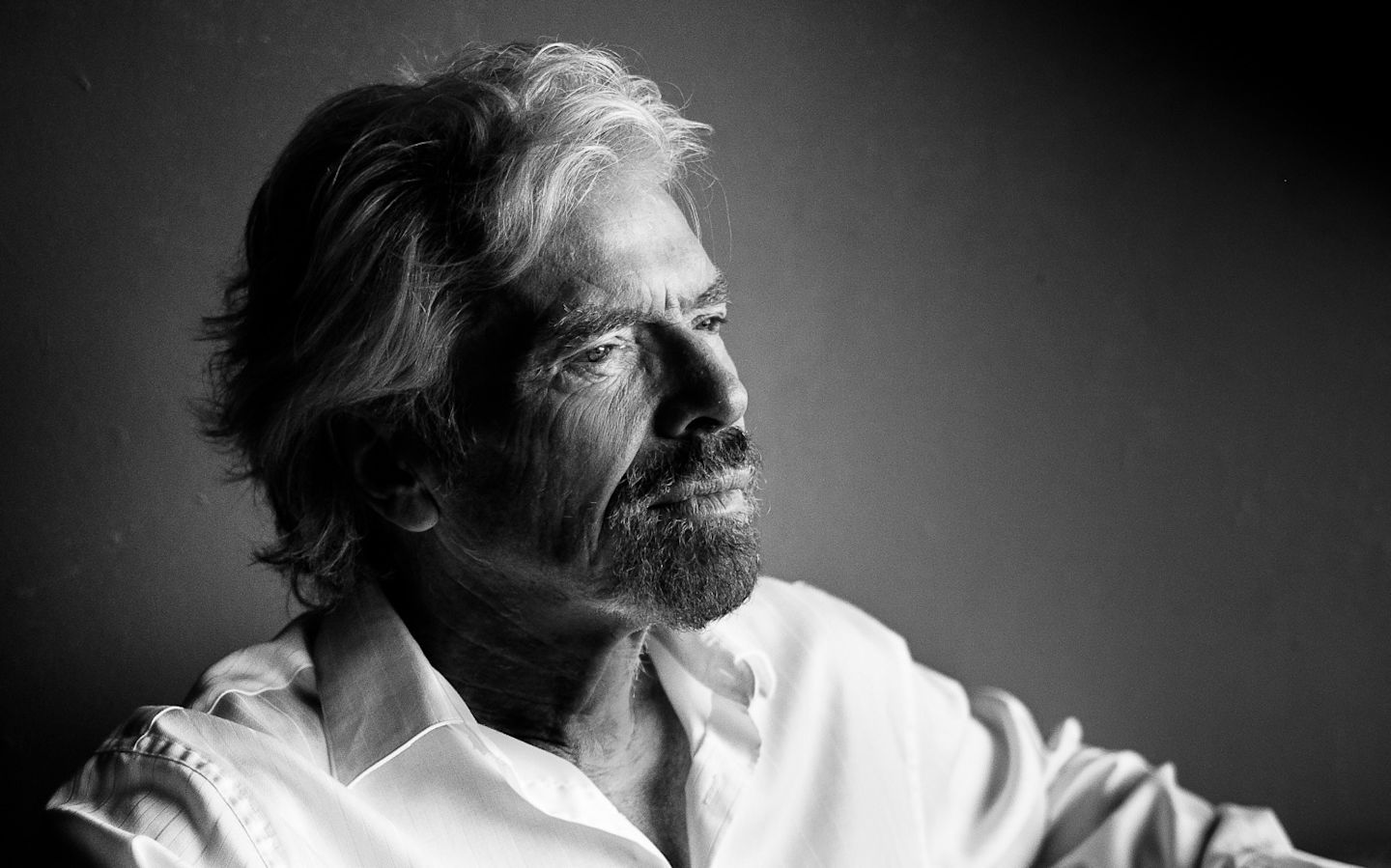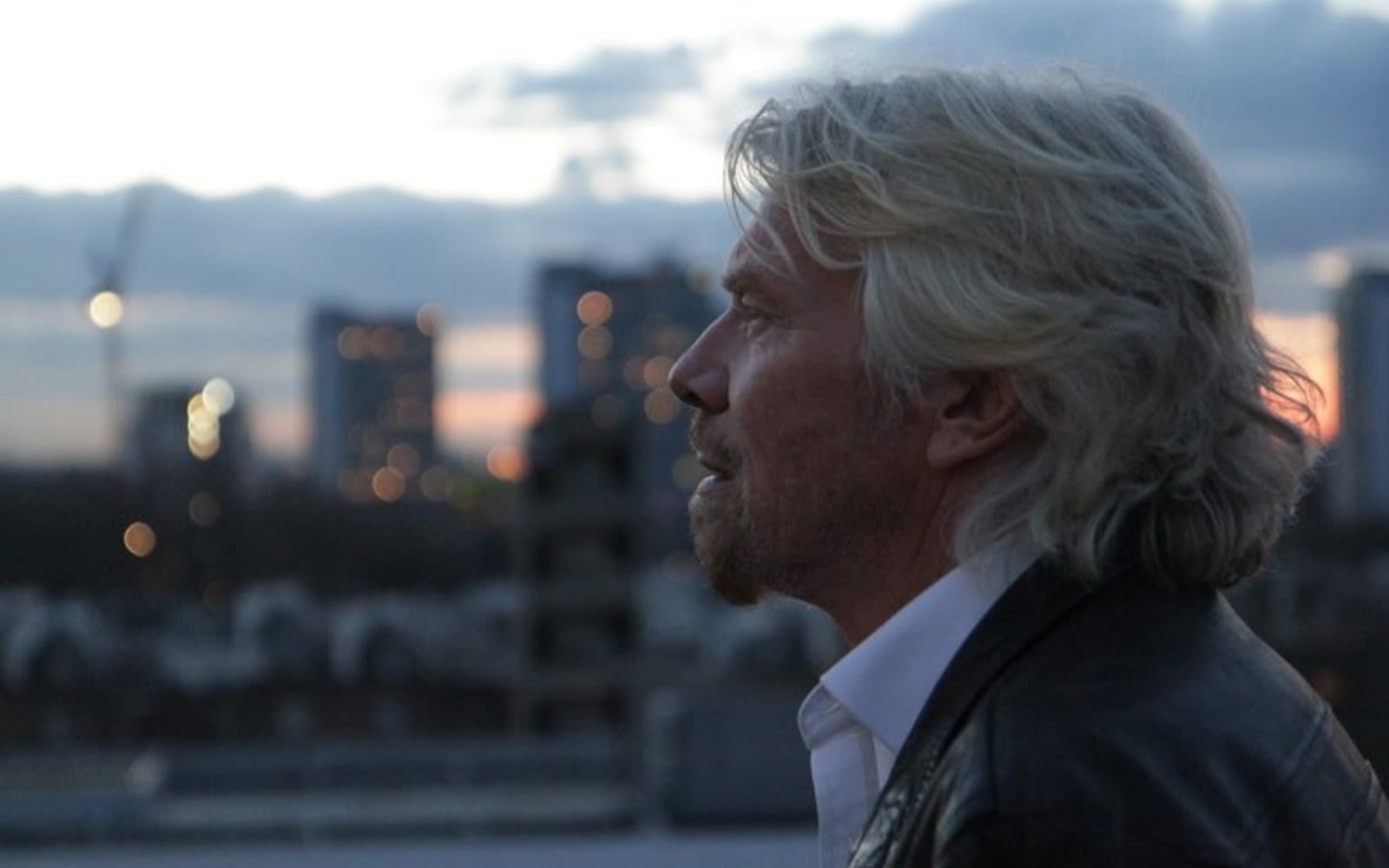Why business must end reliance on Russian oil and gas
As the horrific war in Ukraine continues, the case for clean energy has never been clearer. Urgent action must be taken to stop the West effectively fuelling Putin’s war by buying Russian oil and gas.
As it stands, 40% of Europe’s gas imports and 25% of its oil imports come from Russia. For as long as this continues, Europe is providing Putin with an economic lifeline, and the brutal war will rage on. To stop the flow of capital to Russia, businesses and governments need to come together to find a way to reduce their needs for Russian oil and urgently commit to clean energy revolution.
Monumental tasks such as this require collaboration between the public and private sector. As with every pressing issue of our time, businesses need to step up and use their influence to ensure change happens at the urgent pace required. Sensible energy savings measures have already been proposed for consumers, and this should apply to businesses too – including exploring companies rationing oil and gas use.
A report from the International Energy Agency (IEA) found that coordinated action could reduce Europe’s reliance on Russian gas by more than a third within one year. To achieve this, the IEA developed a 10-Point Plan which includes a commitment to not signing new gas contracts with Russia; maximising gas supplies from other sources; accelerating the deployment of solar and wind; making the most of existing low emissions energy sources; and ramping up energy efficiency measures in homes and businesses.
RMI, which merged with the Virgin Unite-incubated Carbon War Room, has shared some in-depth research into the profound ways the war is accelerating “the global sprint away from fossil fuels”.
I recommend reading the whole report, and especially its assertion that “even before the shocks of COVID and Putin’s War, the energy system was set to transition from fossil fuels to renewables, driven by the past decade’s technology and political shifts.” RMI points out renewable electricity costs fell by up to 90%, and renewables are expected to continue providing around 95% of the world’s new generating capacity. It also highlights that EU fossil fuel demand peaked in 2006 and has since fallen by 27%.
“Since 2010, European primary energy demand has been falling at around 1% per year while solar and wind grew at 12% per year, squeezing fossil fuels from both sides.”
My fellow B Team leaders and I also see this as the moment for global energy reset, with a particular focus on the urgent need for a clean energy transition in Europe. New and innovative projects committed to addressing the future of Europe's energy supply fill me with hope. We discussed Pension Danmark's 'Energy Island' proposal at a B Team leader meeting this week. It lays out a long-term solution to the dependency on Russian gas, as well as rising and unpredictable energy prices.
As an immediate effort, every business needs to re-assess the ways it can operate in the most energy-efficient way possible. We’re asking this important question across the Virgin Group, especially given simple steps such as businesses and households temporarily lowering their thermostats by 1°C could reduce gas use by 10 billion cubic metres within a year. Furthermore, accelerating energy efficiency improvements in buildings and industry could reduce gas use by almost two billion cubic metres within 12 months. too.
At the same time, businesses need to invest in renewable energy to wean themselves off fossil fuels for good. According to the IEA, accelerating the deployment of new wind and solar projects could reduce gas use by six billion cubic metres within a year.
Ultimately, lowering energy use and shifting to renewables will not just make a difference in this conflict. It may also be a major source of future conflict prevention. Countries will never go to war over renewables, and renewable energy will never interfere with conflict resolution. It will also help the world on its journey to Net Zero.
This investment in renewable energy and energy efficiency is a major focus for many Virgin companies. For example, Virgin Atlantic has invested billions into becoming one of the cleanest and youngest fleets in the sky and has become a founding member of the UK’s Jet Zero Council.
For many years, Virgin Atlantic has been accelerating the development of sustainable fuels and is also investing in research, innovation and new technologies (such as Direct Air Capture) to reduce its impact in the air and on the ground. For more than 15 years, Virgin has also invested in and supported climate solutions including funds like Breakthrough Energy Ventures, which has more than 100 holdings all focused on climate change, and Lowercarbon Capital, which invests in technology to reduce C02 in the atmosphere.
Ending our dependency on Russian oil and gas would also tackle the alarming surge in gas prices, which is crippling businesses and individuals alike. Even more importantly, a clean energy transition and a concerted effort to increase energy efficiency will protect the planet by curbing climate change. It will also address this issue - the greatest challenge of our time - in a way that is consistent with the European Green Deal.
We all must condemn Putin’s horrific acts of cruelty. But to stop the war, we also must end our reliance on Russian resources. It’s the only way.






